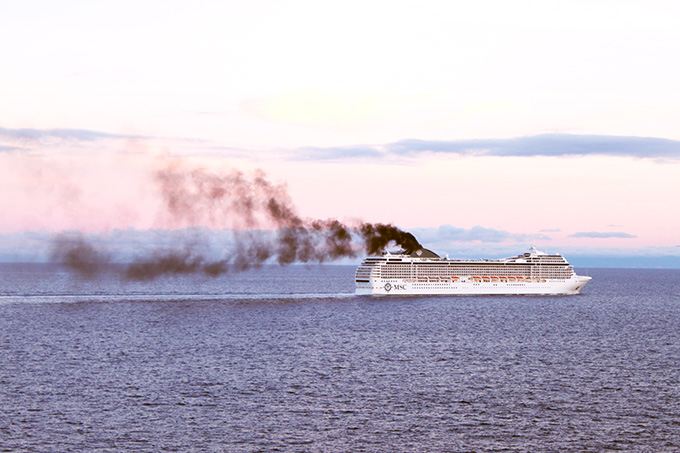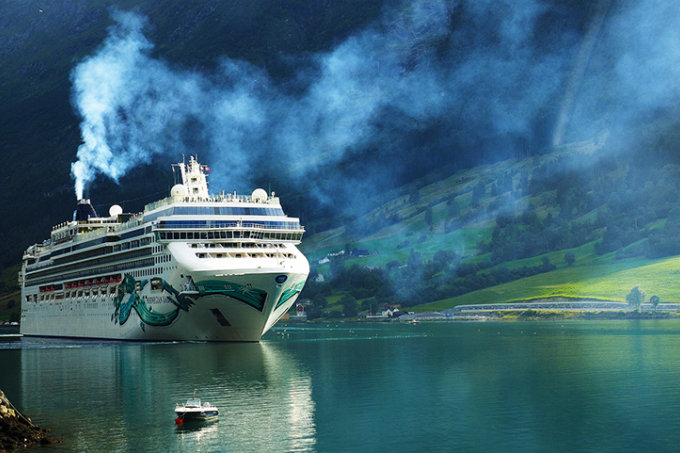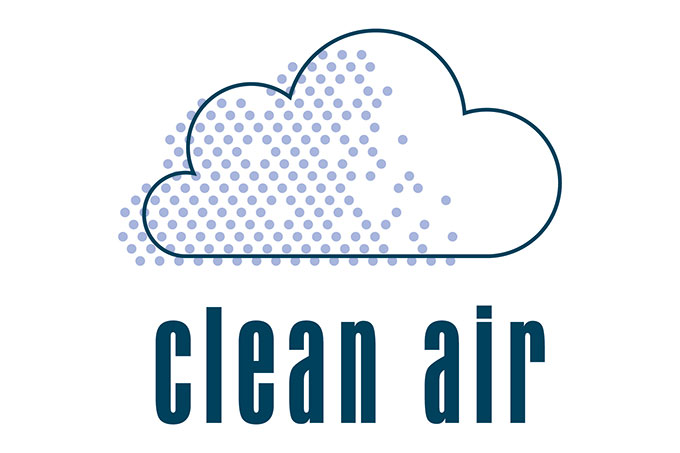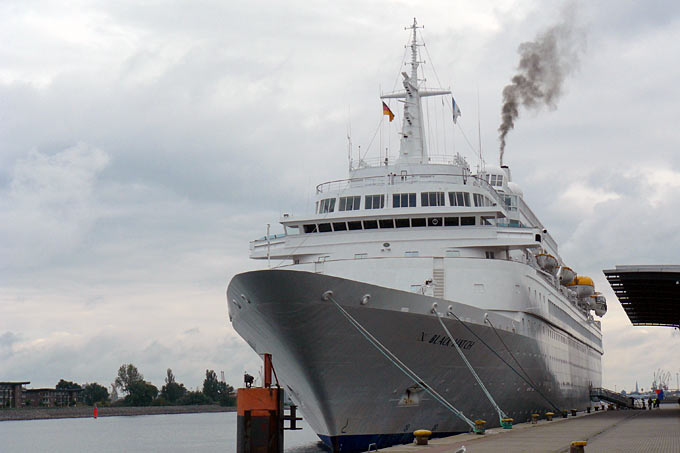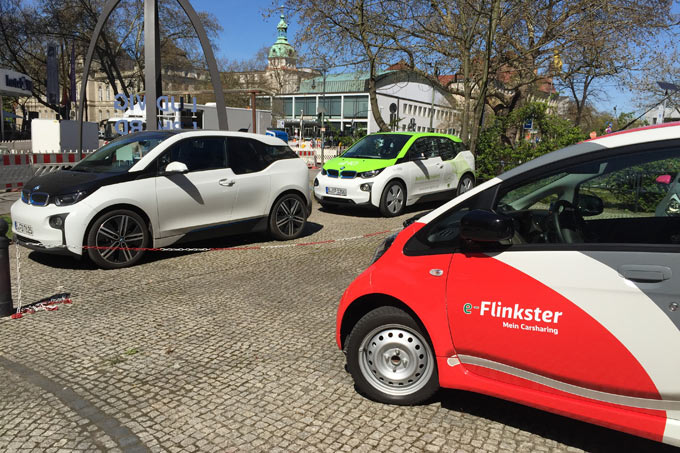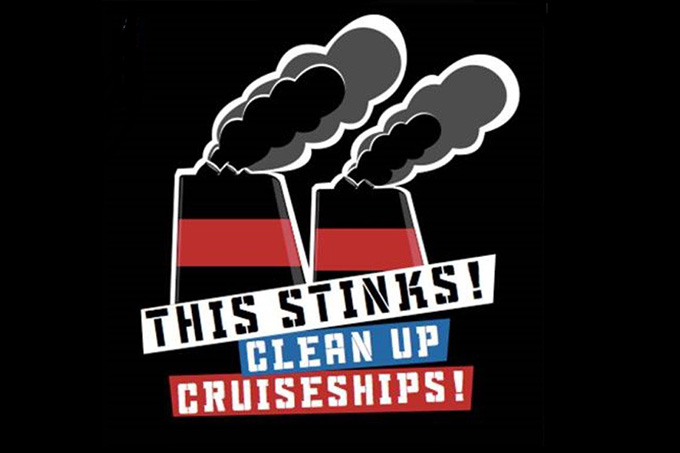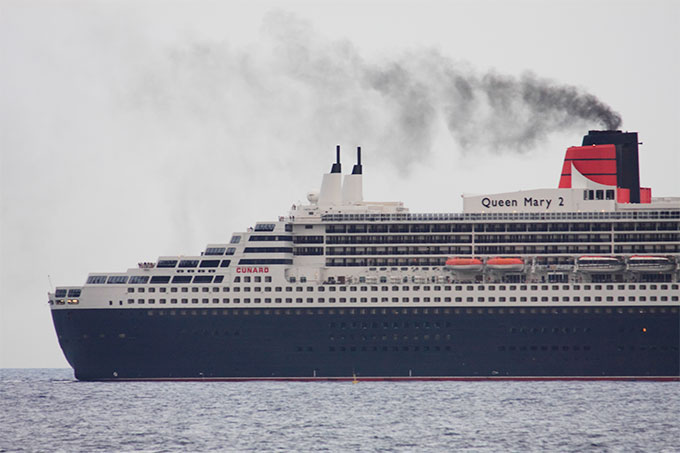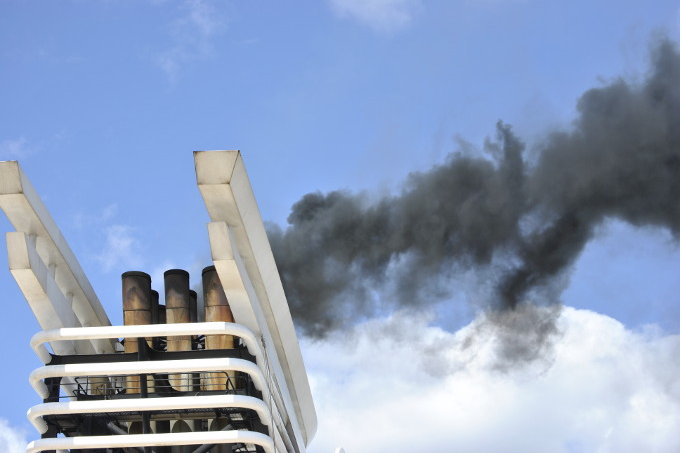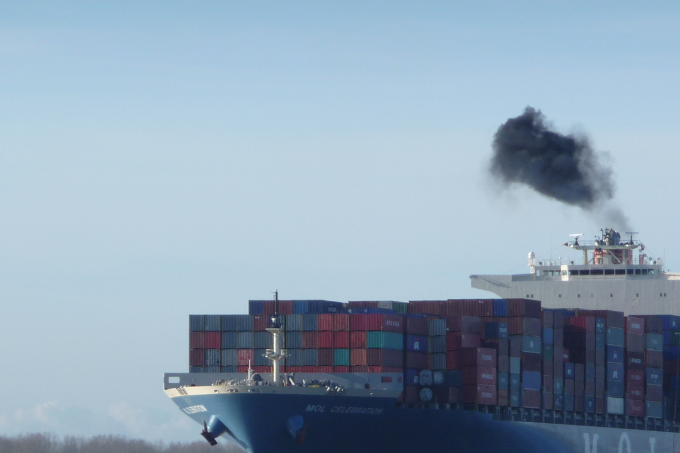NABU Cruise Ranking 2023
Cruise ships and climate protection remain incompatible
Rising greenhouse gas emissions and heavy air pollutions remain the gravest problems of the cruise ship industry. NABU's annual cruise ship ranking, presented on 28 June in Hamburg, delivers renewed evidence that change is needed. But hope is on the horizon. more →

